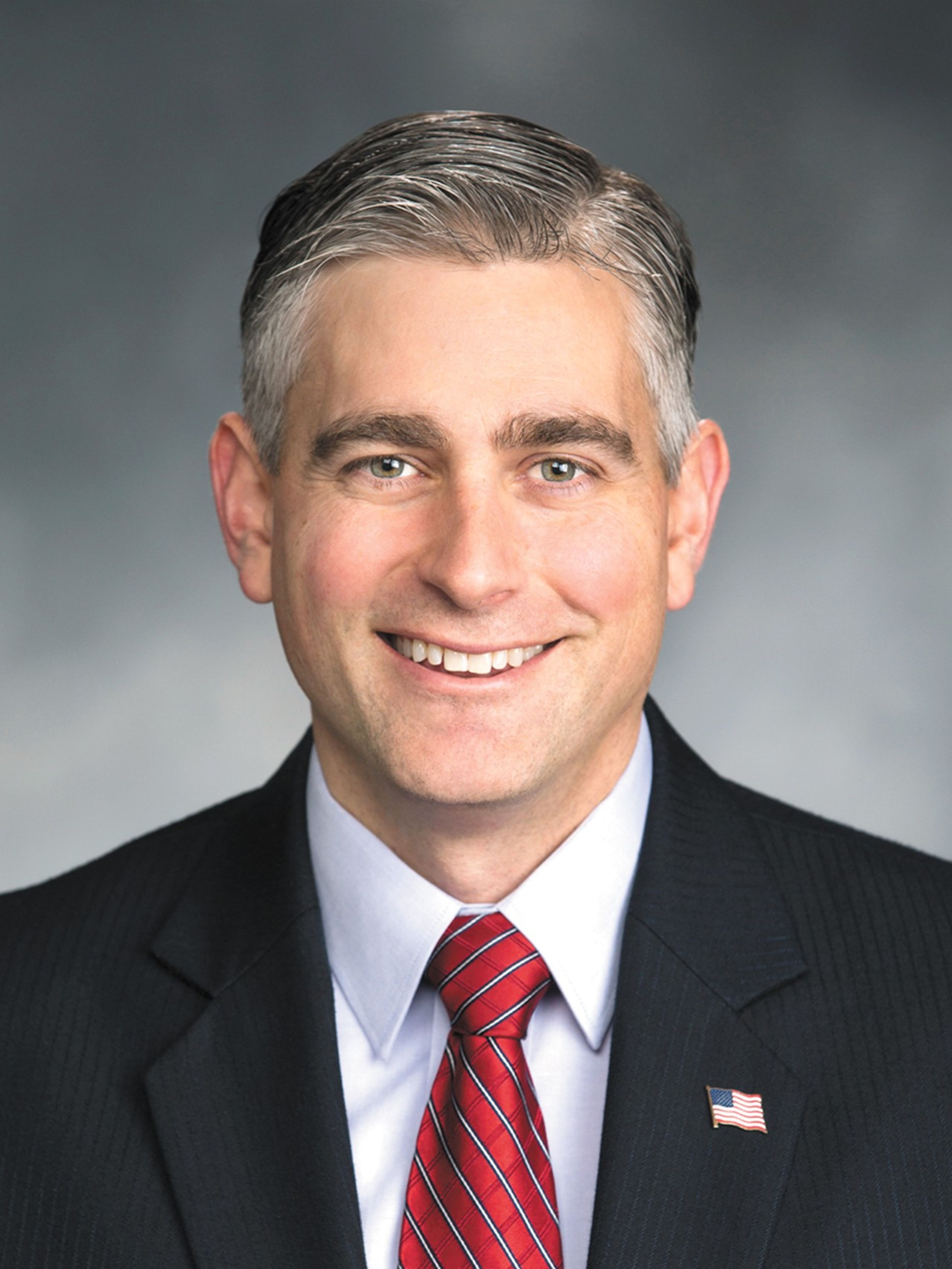The Second Amendment myth around militias
Mary McCord explains why paramilitary organizations frequently go unchallenged
Contrary to widespread beliefs about the right to keep and bear arms, unauthorized paramilitary organizations, also known as militias, are unlawful in every state.
These groups, often dressed in military uniforms and armed with semi-automatic rifles, are not protected by the Second Amendment or its interpretation by the U.S. Supreme Court, according to Mary McCord, a visiting law professor at Georgetown University and executive director of the Institute for Constitutional Advocacy and Protection.
So why do these groups typically go unchallenged?
During the latest League of Women Voters of Moscow speaker series Wednesday, McCord said the answer lies in the widespread belief that private militias are constitutionally protected.
“There is a misunderstanding, including among law enforcement and even prosecutors, about the scope of the Second Amendment and the scope of the First Amendment,” McCord said. “Sometimes it’s just a misunderstanding, but sometimes it’s because even law enforcement is supportive of militias and has a different view about what the Second Amendment protects. Sometimes I think it’s a misunderstanding about the First Amendment and that some of it protects the expression militias are conveying.”
Despite the misconceptions, militia groups have proliferated across the country.
One year ago, during the Jan. 6 attack on the U.S. Capitol, armed militia members traveled from as far as the state of Washington in an attempt to “stop the steal,” in response to Joe Biden’s triumph over Donald Trump in the 2020 presidential election. Other times, militia groups have sought to oppose government policies or protect property at riots.
In Louisville, Ky., heavily armed rival militias faced off at demonstrations following the police shooting of Breonna Taylor.
While these groups have a right to make their views known, they don’t have a right to deploy in public as private armies. According to McCord, the Supreme Court has been very clear — through upholding anti-militia bills and laws — that even conduct with an expressive aspect can be regulated in the interest of public safety.
“The Second Amendment does not protect this activity, but there has been such a mythology that has grown over the last several decades,” she said. “When you’re deploying to protect property or engage in security — that is usurping law enforcement functions.”
These groups decide when and under what circumstances to deploy lethal force against other people, and they’re not accountable to any higher governmental authority.
All of this results in an infringement on other people’s constitutional rights, McCord says.
“This notion that militias are there to be a bulwark against tyranny is very popular in areas that are quite anti-government,” she said. “People even say to me, ‘That goes back way before the founding of the country. That’s exactly why it was put in the Constitution.’ Well, that’s not right.”
While there are comments in the Federalist Papers about state militias being a necessary defense against a tyrannical central government, there are no such comments in the Constitution about private militias doing so.
After the American colonies won their freedom from England, they decided to become states.
The new states decided to work together by forming a weak federal government, leaving most of the power with state governments. At the time, there were fears of a tyrannical central government.
“But nothing there ever said, ‘Private individuals, you don’t like what you’re seeing? Form your own private army and take up arms against your government,’ ” McCord said. “That was not part of our constitutional history.”
McCord is a former acting assistant attorney general for national security at the Department of Justice and a former principal deputy assistant attorney general for national security.
Palermo can be reached at apalermo@dnews.com or on Twitter @apalermotweets.







